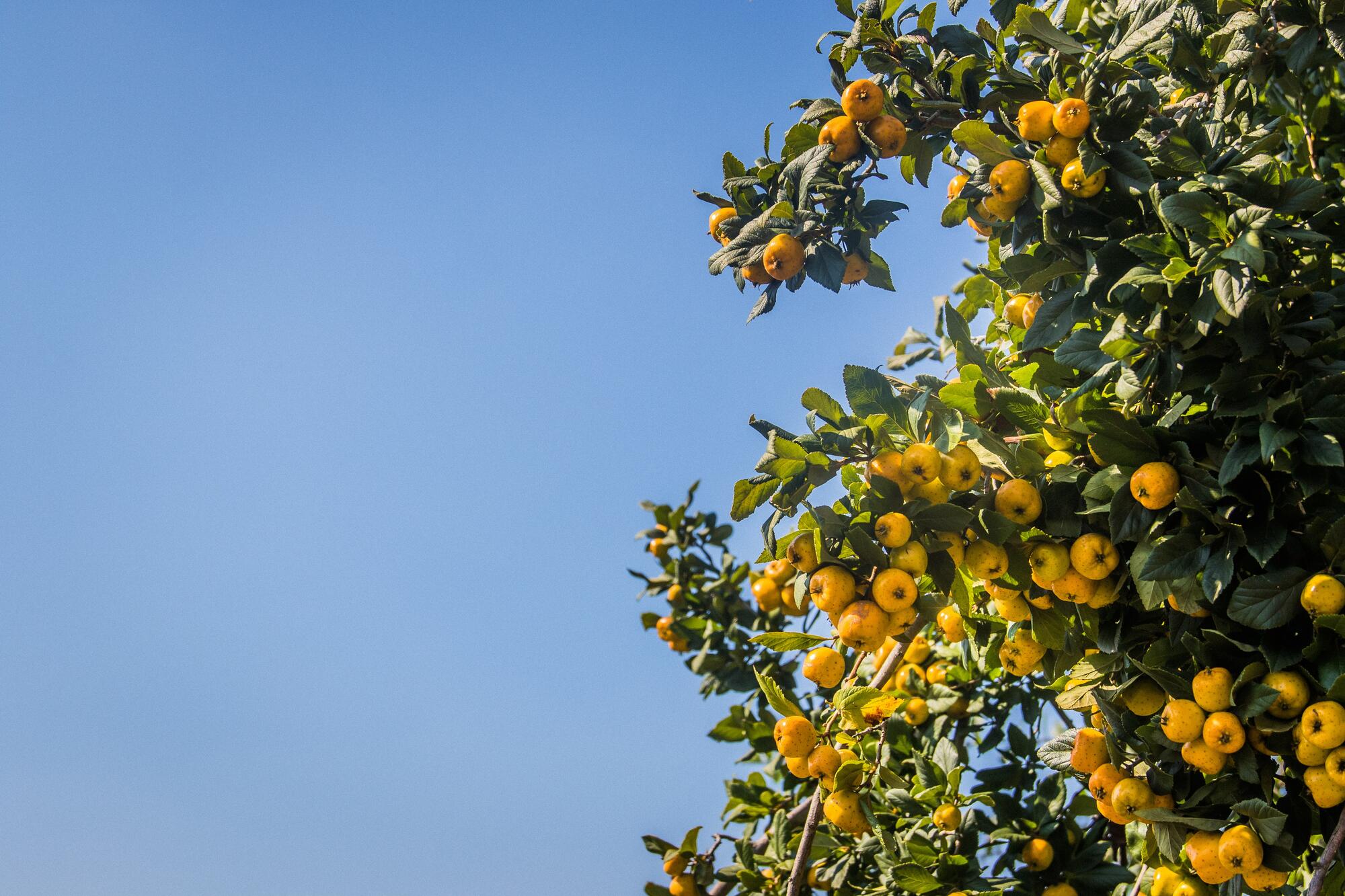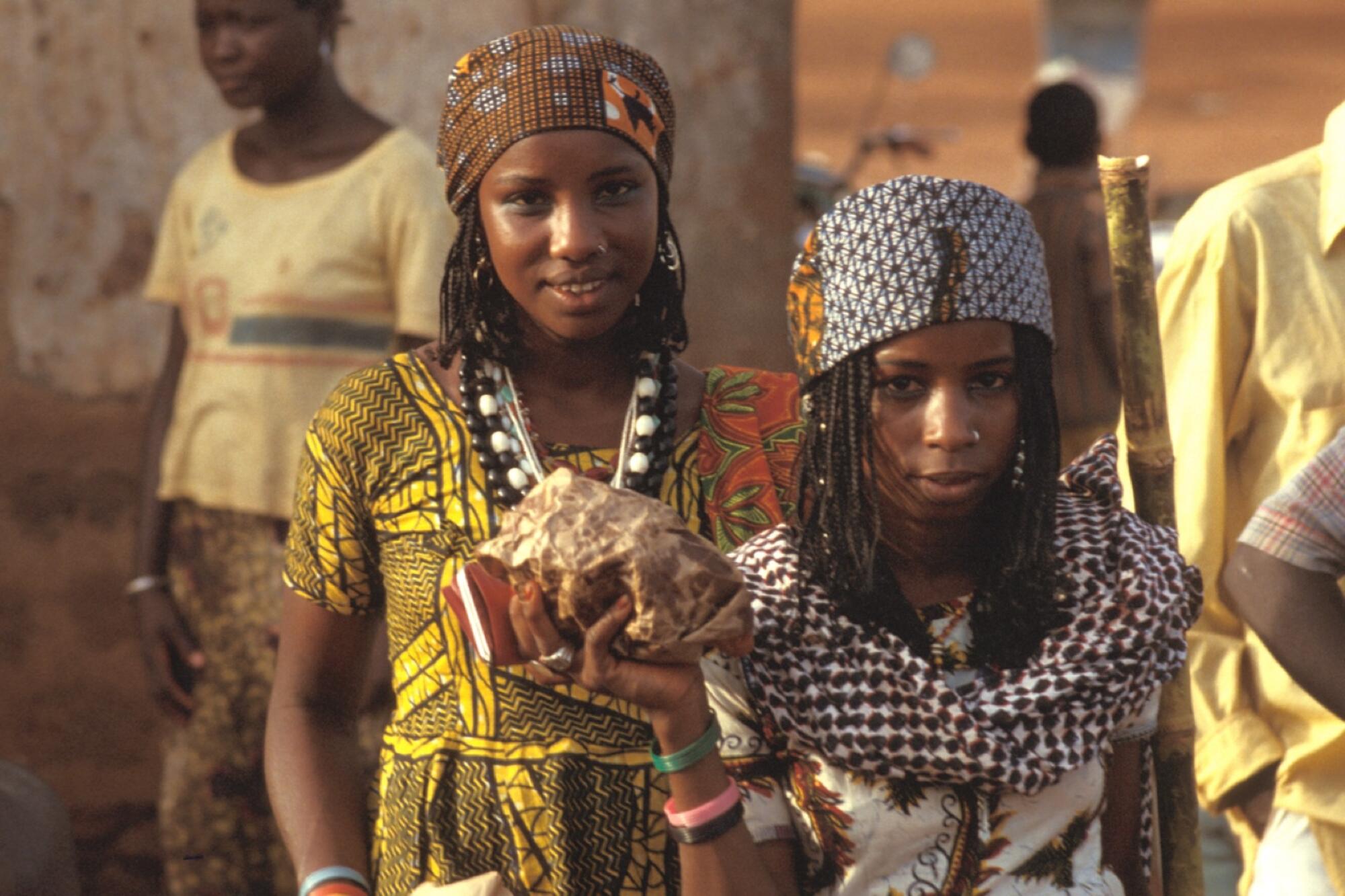Background
The Division for Sustainable Development Goals, DESA, is implementing a project to strengthen the capacity of smallholder farmers in developing countries to achieve sustainable agriculture. The project aims to enhance knowledge and strengthen national capacities of developing countries to improve their policies and programmes supporting sustainable agriculture through the transfer of Juncao technology. This technology consists of the cultivation of a grass that can be used as a substrate for mushroom production, feed for animals, windbreaks, and to minimize soil erosion.
The project provides access to the Juncao technology and technical support by facilitating the transfer of the Juncao technology, providing basic equipment to establish the demonstration sites in the pilot countries, and capacity building that improves the adoption and use of agricultural technologies and practices, including agro-ecological practices. The project delivers capacity building workshops, online courses and study tours targeting policymakers, academia and smallholder farmers are organized to promote the technology.
The four-year project, entitled “Strengthening capacity of developing countries to achieve sustainable agriculture through the transfer of Juncao Technology and analysing and disseminating best practices and lessons learned for alleviating poverty, and promoting productive employment” is supported by the 2030 Agenda for Sustainable Development Sub-Fund of the United Nations Peace and Development Trust Fund. The following countries are already participating in the four-year project: Nepal, Nigeria, Tanzania, Zimbabwe, with additional expressions of interest already having been received. The Fujian Agriculture and Forestry University (FAFU) is the project implementing partner.
Developed by the National Engineering Research Centre of the Fujian Agriculture and Forestry University (FAFU) of China, Juncao technology has allowed smallholder farmers to grow mushrooms from dried, chopped grasses, without cutting down trees and damaging the environment. This environmental-friendly technology can help small-scale farmers and farming communities to develop a low-cost, commercial-scale mushroom cultivation industry that can provide sustainable livelihood options for family farmers and rural entrepreneurs along agri-food value chains. Among other things, the project will address rural poverty and hunger and contribute to decent deficits and livelihoods.
Reports
This section includes reports the programme has delivered
Spotlight
This section includes photos, video speeches and media reports about the project.
Resources
This section provides links to online resources
Events
events

Poverty eradication

Food security and nutrition and sustainable agriculture

Capacity Development

Gender equality and women’s empowerment

Employment, decent work for all and social protection

